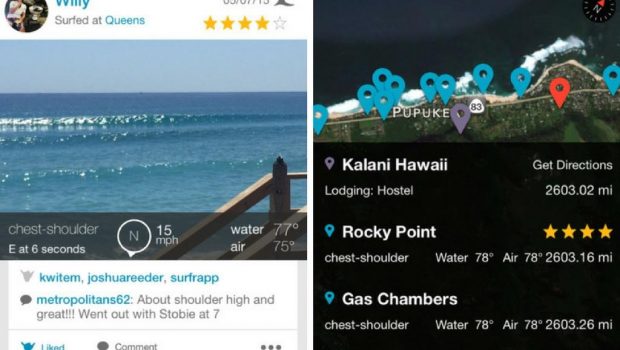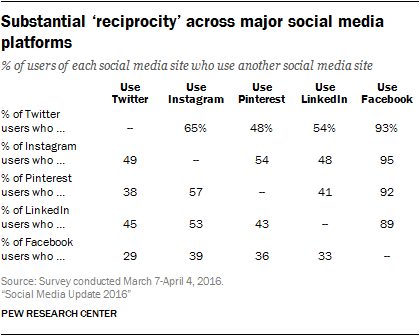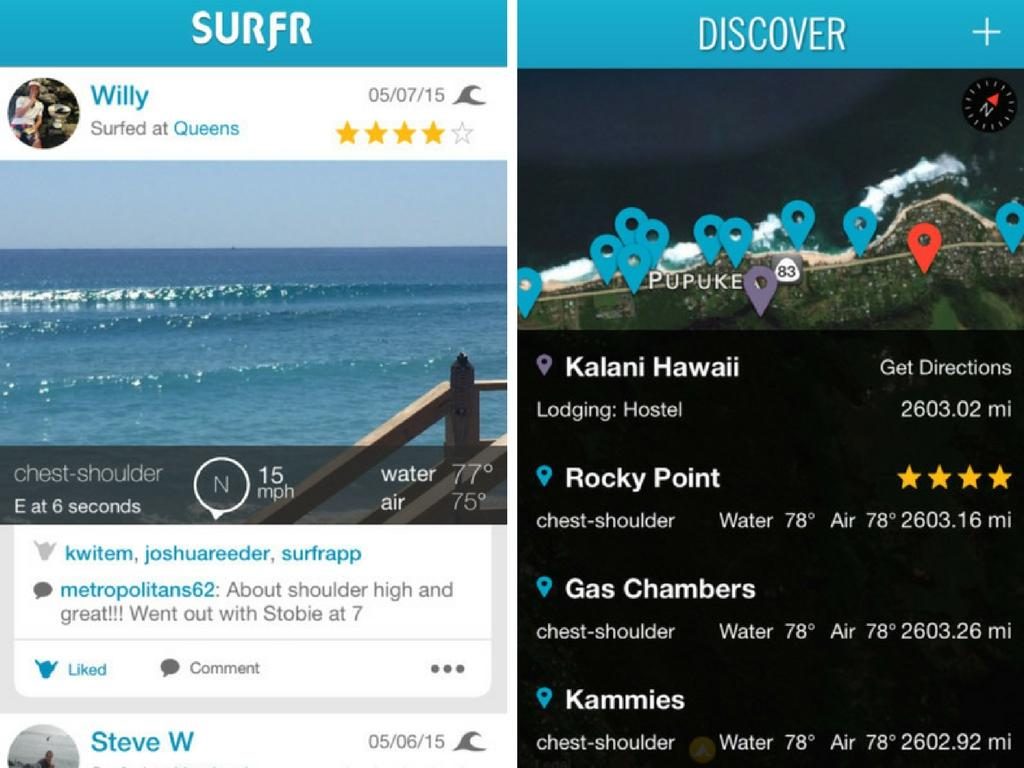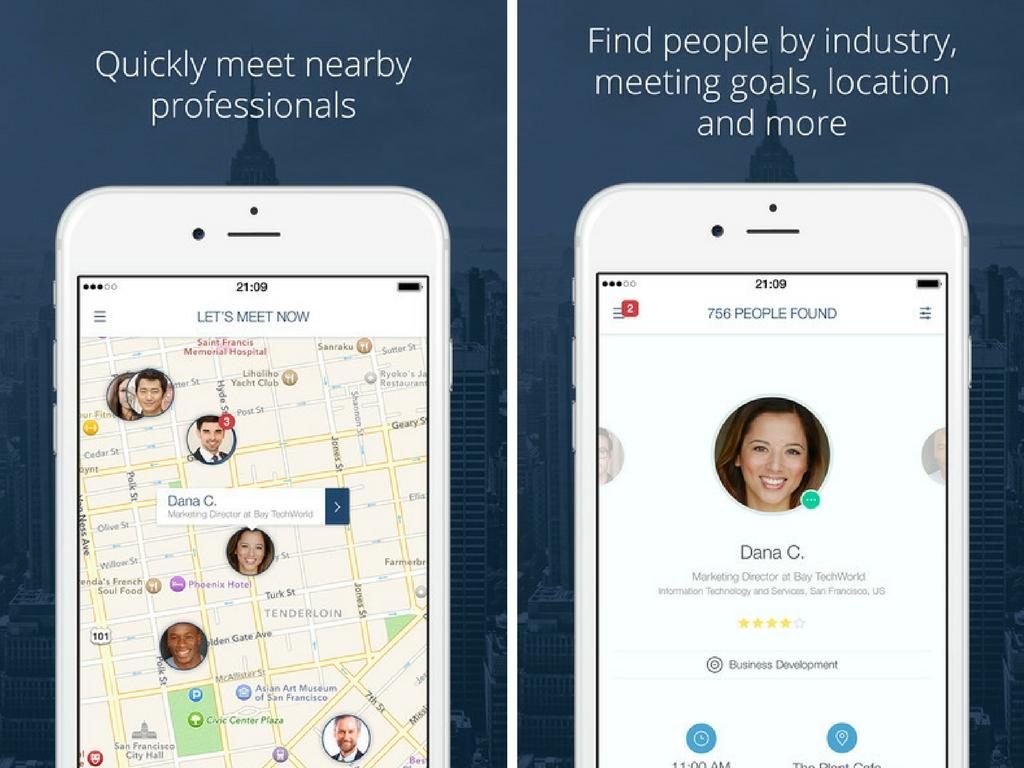5 Reasons to Build a Social Media App For a Niche Community
Initially social networks were aimed at creating a greater sense of community between users. Yet, what we are witnessing today is actually the lack of meaningful interactions on large networks.
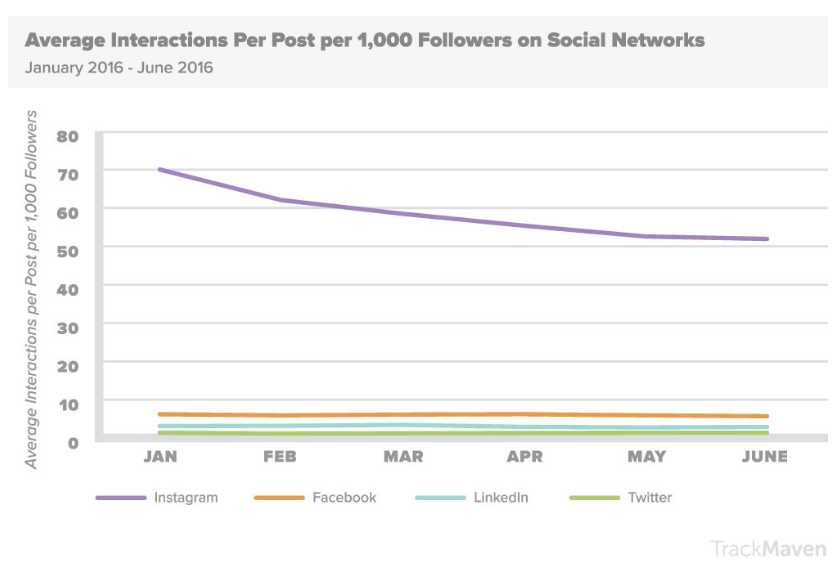
Image Source: http://www.smartinsights.com/social-media-marketing/social-media-strategy/new-global-social-media-research/
The information overload often gets too real and niche communities are becoming the place, where users still genuinely listen to each other, rather than merely post things into the void.
If you plan to launch a new social media network this year, it’s better to go niche.
Wait, But How Much Does It Cost to Make a Social Network App?
The cost to build a social media app the size of Facebook or Instagram can easily go beyond $150.000 for one platform (Android or iOS), hence mostly appears inhibitive for smaller businesses. However, building a social network application aimed to cater to a more specific community can be accomplished for $75.000 on average.
Lower app development costs are just one reason to consider building niche social media app. Let’s take a closer look at some additional benefits.
Niche Networks Bridge The Community
In real life, you belong to different sub-communities within the society – an app developer, yoga fan, parent, and surf lover for instance.
Your online DNA on different networks typically mirrors only some of your interests, and rarely the full picture. For instance, you choose to share only work-related updates on Facebook and post family and/or travel photos on Instagram.
Most users are already actively switching between different social media networks, depending on the type of content they want to share and the community response they wish to receive in return.
According to the latest data from Pew Research Center, 56% of online adults use more than one of the five most popular social media platforms.
Yet, on those major networks your feed still looks cluttered – too many different updates and lack of a clear community to interact with.
That’s exactly why smaller niche networks have started to gain traction in the past few years.
Let’s take Surf app as an example.
While it looks similar to Instagram in terms of design, the app specifically caters to the surfing community and offers additional relevant functionality such as Surf Checks on the map with comments; great surfing spots nearby to your current location, log sessions and ways to meet and interact with other members of the surfing community nearby.
CityHour app is another example of how to make a social networking app for a very specific community. Disclosure – that’s an app we developed at Alty.
It’s targeted at entrepreneurs seeking new business connections and opportunities in their area, rather than mingling with everyone on LinkedIn. The app focuses on instantly connecting similarly-minded people and encouraging real-life meetups. Think of CityHour as Tinder for professional matchmaking ☺
In a nutshell, social networking app development for a niche community assumes creating a more personalized experience, based on a very specific interest of a user.
When brainstorming the initial product idea, keep the focus only on the features that would enhance that very specific experience, rather than going too broad.
Be crystal clear about the objectives of your community and your product. For instance, you are building an app to share design news, work updates and receive critique for recent projects. Or host, discover and attend animal protection initiatives, exchange relevant updates and connect with other animal right activists.
Take the time to survey your target audience and line up the features they particularly keen to use. In that case, you’ll be building a product that users feel excited about and reduce the cost to develop a social networking app at the same time.
Niche Communities Offer More Privacy
Gen Z – the newest generation now representing 28% of all the population in the US – is not particularly fond of “public” networks such as Facebook.
Their social media profiles are heavily curated to minimize the conflicts and controversies from their peers. And they tend to embrace different social media personal from network to network to please everyone.
As 16-year old Sneha commented in the interview on Co.Exist: “We filter out whatever flaws we may have, to create the ideal image.”
In turn, this “people pleasing attitude” have resulted in a massive popularity of anonymous social media apps such as Whisper, Secret, and Snapchat, where Gen Zs can act more “themselves” without being judged and pressured by their peers or elder generations.
Again, another point towards building a niche social networking app that would allow users to express themselves more freely and gain peer support.
Elder folks don’t always feel comfortable with sharing all sorts of content online either. For instance, a lot of gamers feel reluctant about publishing their gaming accomplishments on “general networks” and opt for dedicated niches sites like Twitch instead.
Niche Communities Typically Have Higher Engagement Rates
The problem a lot of large social networks are now facing is fading user engagement.
Instagram witnessed a 70% decline in engagement in 2016. Facebook users shared 21% less personal updates last year and Twitter users have been spending just 2.7 minutes on average in the official mobile app in 2016.
Again, lack of interactions often results from the general “overwhelm” factor generated by too many non-relevant updates drenching the user’s feed.
For startups showing consistently steady and rising user engagement rates is essential for securing further funding. When working with social network app developers, you should specifically look into different ways of retaining and entertaining the users, rather than merely growing the numbers of registered folks.
Here are a few ideas of how that could be done:
- Offer users the tools to control the newsfeed and filter the updates more effectively. Make sure they get notified about the updates/content that matters to them most, rather than every single interaction happening within your app.
- Brainstorm a smart push notification strategy to encourage more frequent logins to the app.
- Build in additional handy features apart from the social elements – for instance, a running calendar or route planner for a running community app.
Niche Communities Generate More Qualified Leads
At a certain point, you will need to monetize your product. Most social media networks rely on selling targeted advertising to businesses.
Yet we all know that creating an ad campaign targeting a very specific micro-niche e.g. vegans who order catering for parties in NYC can be quite daunting on Facebook. Your ad dollars often go to the pipe.
As CEO of a social network development company, if given a choice, I’d rather spend my advertising dollars within a social community boasting more moderate user numbers, yet having the exact kind of audience I’m interested in pursuing.
Niche Communities Generate Higher Marketing ROI
Here’s some more food for thought.
If you are selling surfboards, would you be interested in having your product in front of 10,000 users living in the coastal areas who may or may not be interested in surfing for say $50, or get your product exposed to 500 people living in your area and highly interested in surfing for $150? Suppose the best answer is clear here.
Being in charge of a highly engaged, niche community often makes closing sponsorship deals for your app easier. Targeted niche marketing now matters more to brands than plainly getting more eyeballs on their ads.
On the other hand, the community members won’t get annoyed with endless, irrelevant ads pitched to them by robot-algorithms.
As Stacy DeBroff, CEO and founder of Influence-Central commented on Forbes:
“We find ourselves awash with more information than has ever been available to us as humans, and we simply can’t process it. As a result, we’ve increasingly come to rely not just on curated information, but on the people we most trust to curate this information for us in a way that resonates with our lifestyle, interests, and values. In 2017, consumers will be on a mission to find peer specialists with niche expertise to filter recommendations that meet their needs in a customized way.”
Another point proving why building a custom niche social networking app may be highly profitable in the long run.

